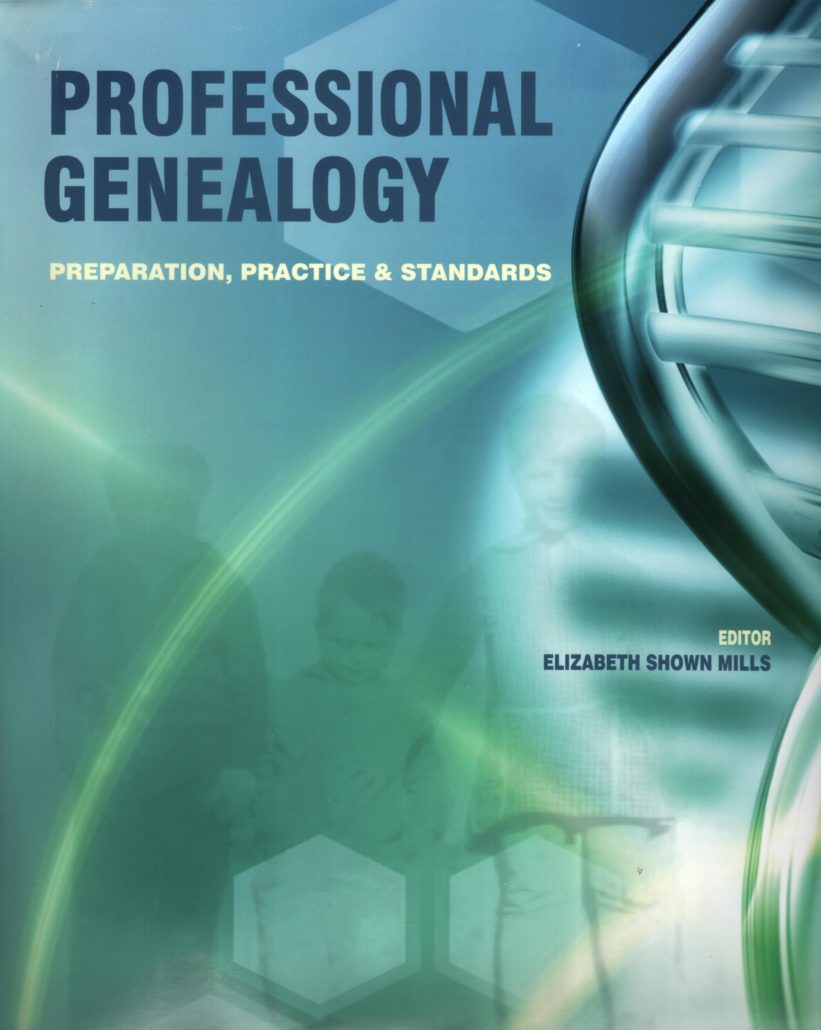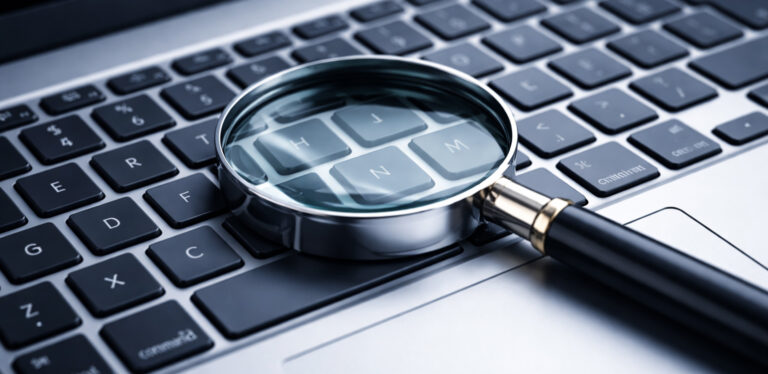
DNA Testing: Ethical Considerations
By Blaine T. Bettinger, Ph.D., J.D. & Judy G. Russell, J.D., CG, CGL
Excerpted from Bettinger & Russell, “Genetics for Genealogy,” Elizabeth Shown Mills, ed., Professional Genealogy: Preparation, Practice & Standards. (Baltimore: Genealogical Publishing Co., 2018), 361–90.
Millions of people have voluntarily undergone DNA testing. Probably millions more would do so if they were not bothered about the privacy issues associated with DNA testing. Will the DNA results be shared with someone else without my permission? If the results indicate that I have a gene for a particular medical condition, could this be held against me by my insurance company? And so on.
Genealogists who utilize clients’ or family members’ DNA results in their research must also bear in mind the ethical considerations attached to such evidence. In the following article excerpted from Professional Genealogy: Preparation, Practice & Standards, Blaine Bettinger and Judy Russell itemize the issues surrounding DNA research and clarify the genealogist’s responsibilities in that process.
“Genealogical research carries with it an ethical obligation to be sensitive and discreet; all families have secrets that such research may disclose. The potential for such disclosure is so well known that every genealogical code of ethics contains some provision about protecting personal privacy. Because DNA evidence can disclose family secrets, the ethical underpinnings of DNA testing for genealogy are in many respects no different from those underpinning any genealogical research. To draw from the standards set forth by the National Genealogical Society for family historians, we are obligated to
- respect the restrictions on sharing information that arise from the rights of another as a living private person;
- inform people who provide information about their families [as to] how it may be used, observing any conditions they impose and respecting any reservations they may express regarding the use of particular items;
- require evidence of consent before assuming that living people are agreeable to further sharing or publication of information about themselves;
- convey personal identifying information about living people—such as age, home address, genetic information, occupation or activities—only in ways approved by those concerned;
- recognize that legal rights to privacy may limit the extent to which information from publicly available sources can be further used, disseminated, or published;
- [be] sensitive to the hurt that information discovered or conclusions reached in the course of genealogical research may bring to other persons and consider that in deciding whether to share or publish such information and conclusions.
“The primary ethical imperative in the sphere of genetic genealogy is informed consent by the test-taker. This imperative has two parts:
- Only the person whose DNA is tested, or an individual with legal authority to act on the test-taker’s behalf, may consent to testing; and
- That person’s consent must be informed by thorough understanding of the benefits of, and risks inherent in, DNA testing.
“The limitation of consent is both a legal and ethical constraint. A duly authorized legal representative may consent on behalf of a deceased individual. A parent or legal guardian may consent on behalf of a minor. However, a grandparent may not consent on behalf of a grandchild unless the grandparent has the consent of the parents or has legal guardianship of the child.
“In the absence of specific legal authority such as a court order, testing should not be done on DNA obtained from a person who has refused to undergo that testing. This limitation also requires compliance with the terms of use of the testing company. All major DNA testing companies require an express statement by the person sending in the test that the sample submitted is that of the person tested or that of a person for whom the submitter has legal authority to act.
“There also exists an understanding that it is the person whose DNA is tested who owns the DNA. That person has “an inalienable right to the test results and raw data, even if someone other than the tester purchased the DNA test.” A beneficiary may be designated to manage test results and/or stored DNA in the event of death or incapacity, and a test kit may be administered by anyone designated by the person tested. But the owner is always the test-taker.
“When we share or write about the results of DNA testing, we must take great care to protect the identity of other living persons, unless they have expressly consented to disclosure of their results. All information such as names or usernames, email addresses, and other data that might be personally identifying should be deleted or blurred out when used in lectures or articles, or posted online.
“Always, the test-taker should know the limitations that the testing company’s terms of service place on the use of test data by the company, its affiliates, the individual who has tested, and other persons who are found to be genetic matches of the test-taker. The genealogical community widely accepts that there is an ethical obligation not to identify living genetic matches and not to share DNA test results beyond the tools offered by the testing company, without specific consent. Even so, complete anonymity of test results cannot be assured, and any results published on a DNA website may be publicly available.”
“Guidelines for Sharing Information with Others,” National Genealogical Society (https://www.ngsgenealogy.org/wp-content/uploads/NGS-Guidelines/Guidelines_SharingInfo2016-FINAL-30Sep2018.pdf : accessed 30 April 2020).
Obviously, the ultimate responsibility for understanding the benefits and risks rests with the person taking the test. However, as genealogists, we must be mindful of these considerations and more, when recommending—or reporting on—the results of DNA testing.”
The foregoing article concerning the DNA ethical considerations genealogists encounter in their research is just one of hundreds of tips or guidelines you can profit from if you consult Professional Genealogy. Preparation, Practice & Standards, edited by Elizabeth Shown Mills. This long-needed volume features articles by America’s most respected genealogists and covers issues and problems that are germane to serious family history. Click the button below to read more.




